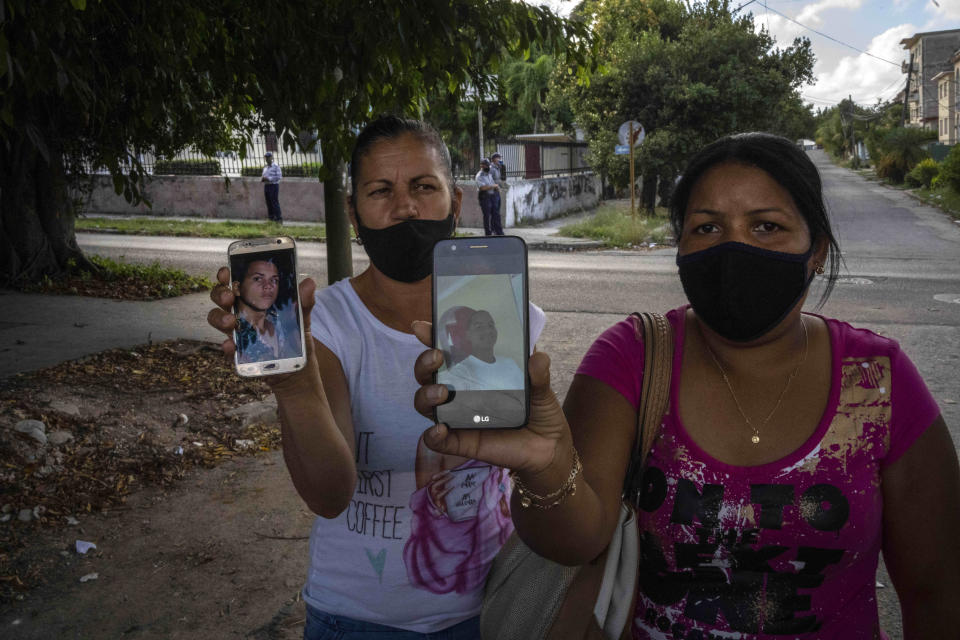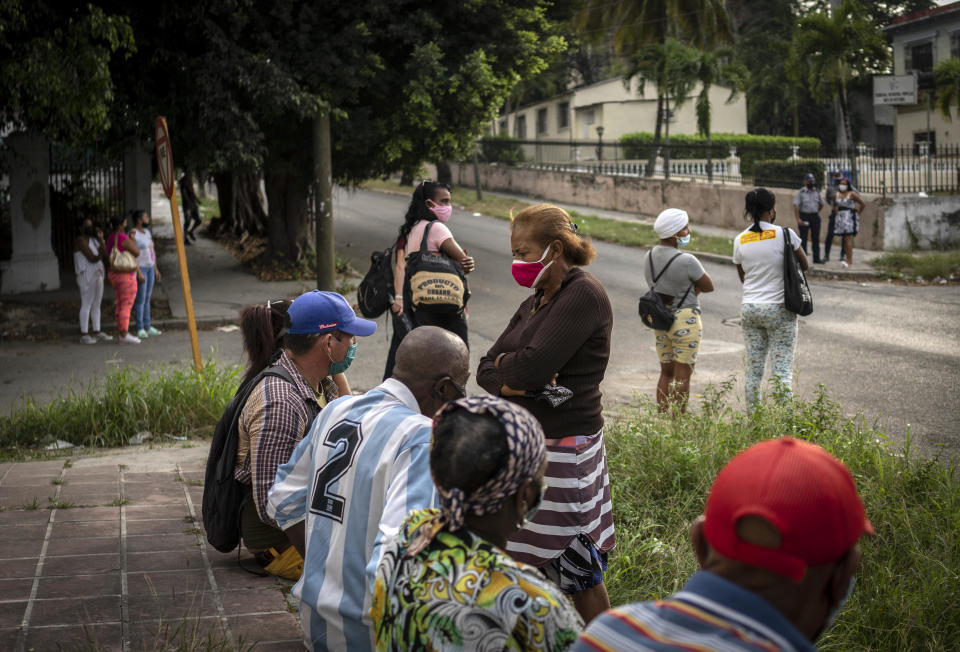Cuban prosecutors say 790 people charged for July protests
HAVANA (AP) — Some 790 people who participated in anti-government protests in Cuba last year face prosecution for sedition, violent attacks, public disorder, theft and other crimes, the attorney general’s office said Tuesday.
The announcement was the first from prosecutors since August, a month after thousands of Cubans protested in Havana and other cities over grievances including power blackouts, economic hardship and the tightly controlled political system. The demonstrations were the biggest and most unruly in decades in a nation where freedom of assembly is heavily restricted.
Most of the suspects remain in jail pending the outcome of the mass trials. Some could face prison sentences of up to 30 years in prison if convicted. The attorney general’s office said sedition charges related ″to the level of violence demonstrated,″ noting that some protesters threw stones at hospitals, gasoline stations and other facilities, and also looted.
Human rights groups say the crackdown shows how Cuba’s judicial system is routinely used to snuff out dissent. Cuba, in turn, alleges U.S.-based opposition groups are trying to instigate unrest through social media campaigns.
So far, Cuban courts have heard cases involving 710 people involved in the protests on July 11-12, and 172 have been convicted and sentenced, according to the attorney general’s office. About half of the 55 minors involved in the protests are in detention, it said. Cubans can be prosecuted as adults from the age of 16.
Justicia 11J, a human rights group that monitors the cases and tries to contact the families, had reported 1,300 arrests.
After the protests, Cuban leaders acknowledged some complaints were justified and said they would seek to alleviate distress through social and economic programs. The government blames a U.S. economic embargo, rather than its state-centered policies, for its problems.

 Yahoo Finance
Yahoo Finance 

